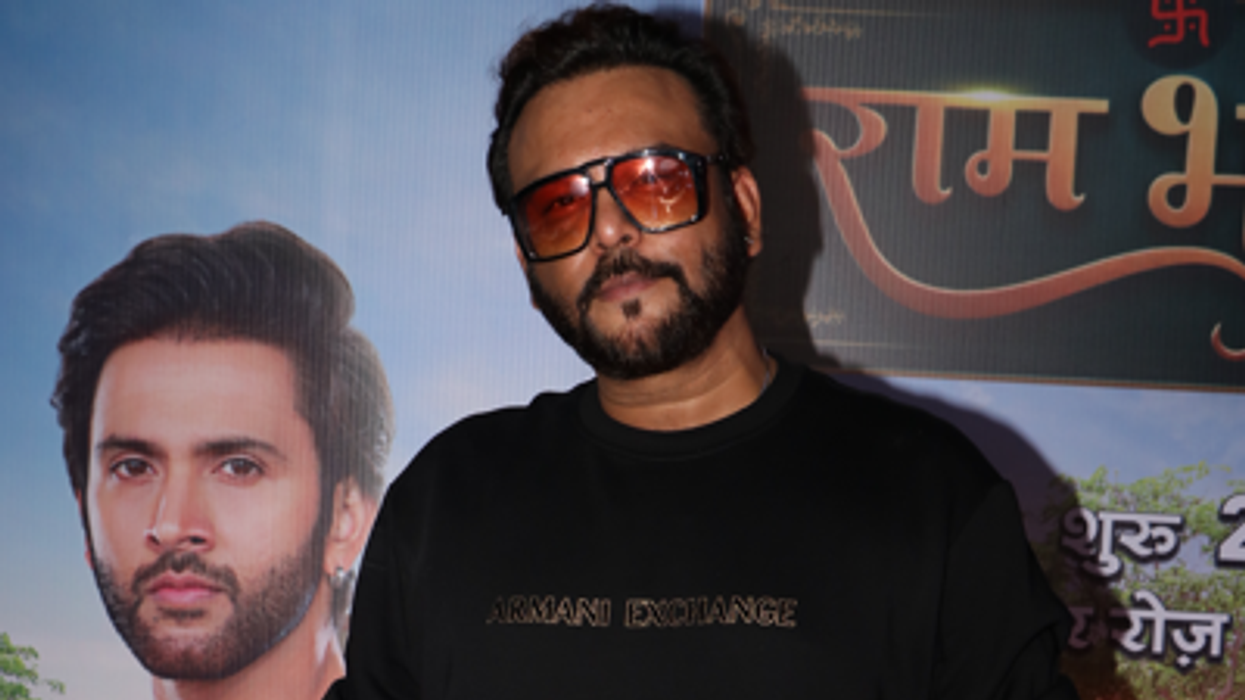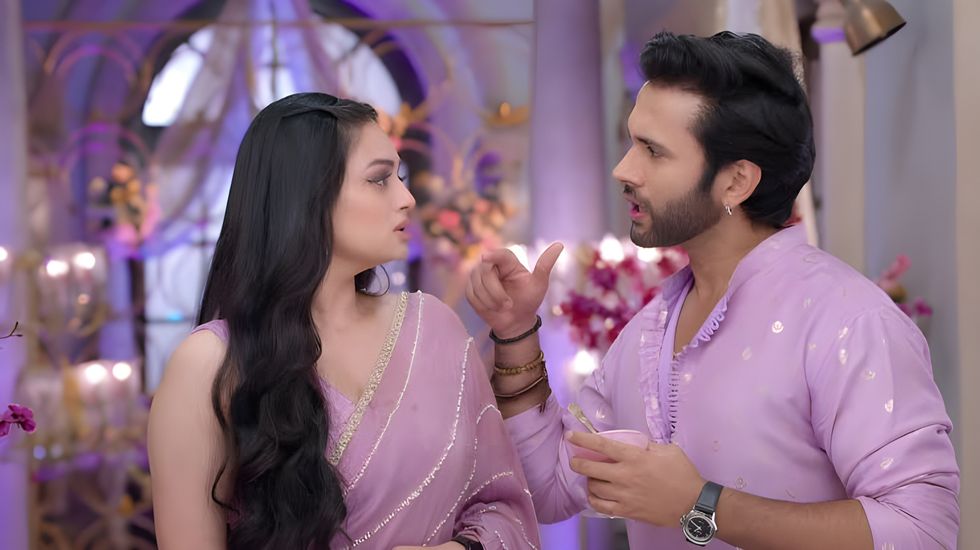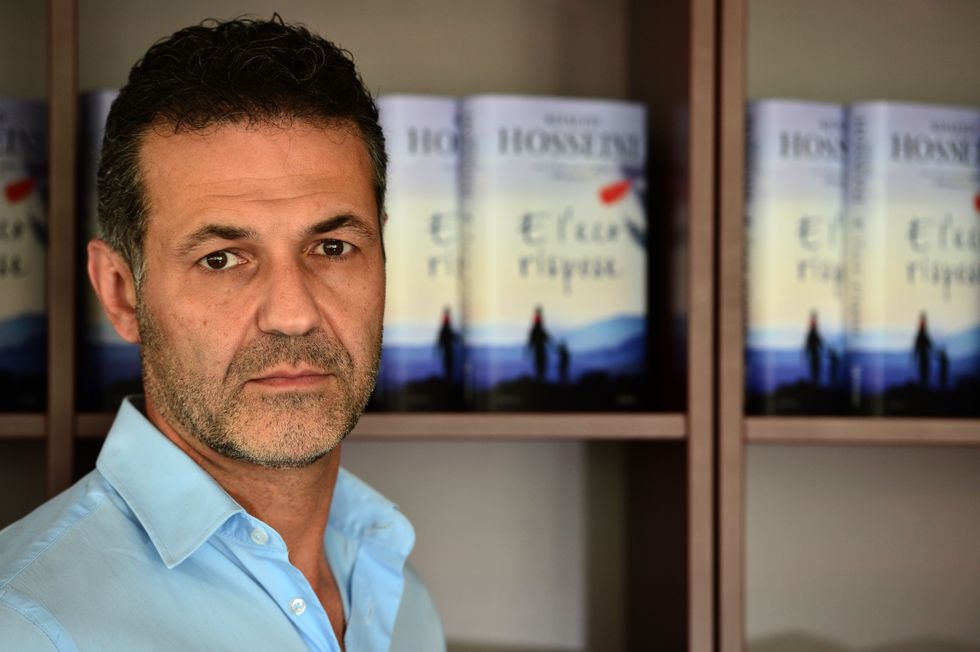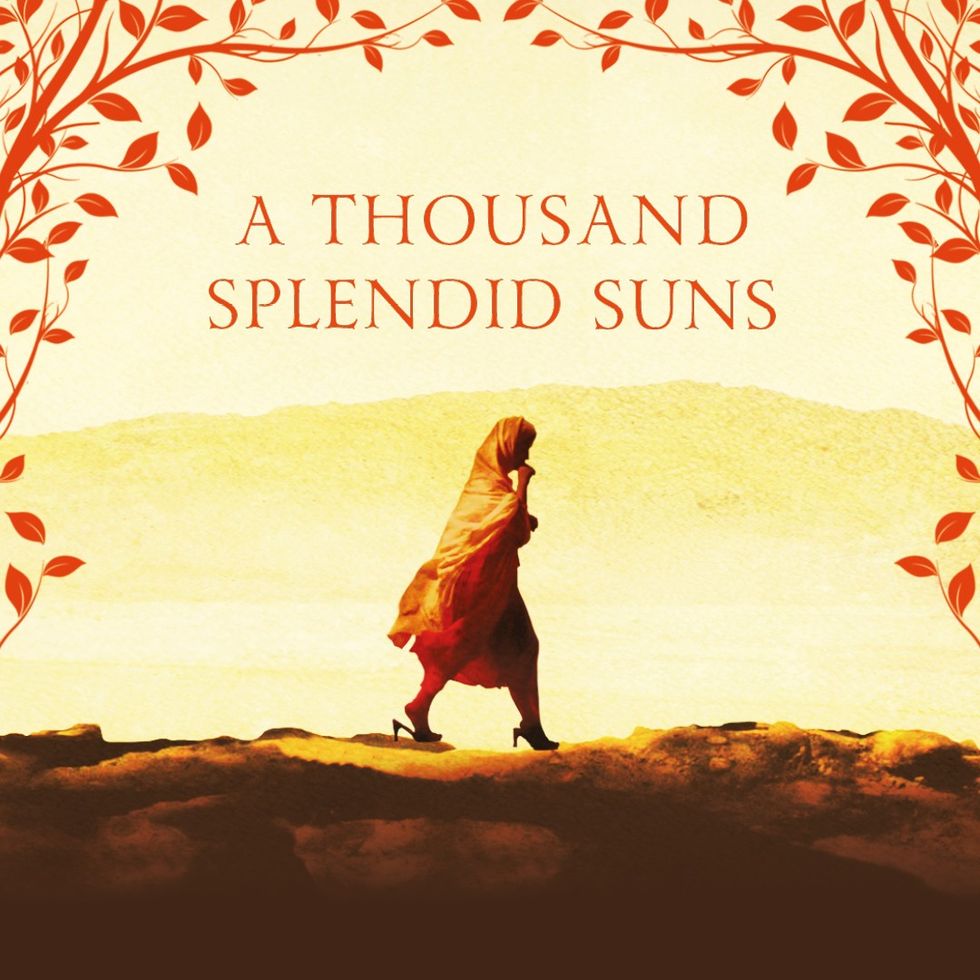by AMIT ROY
LORD Jeffrey Archer’s 25 published titles have sold 250 million copies in nearly 100 countries and been translated into 37 languages.
In India, which Archer estimates he has visited “20 to 25 times over the years”, he has an especially devoted following.
The author was taken aback to discover one young woman journalist in Kolkata knew his tales almost better than he did.
Put simply, Indians appear to adore Archer and he adores India. “They are very kind to me,” he says.
On his phone is a picture of the 7,500-strong crowd he attracted at the Jaipur Literary Festival earlier this year.
We are chatting high up in his London penthouse apartment with its panoramic view of the Thames and in the distance, the Palace of Westminster, where he is a Tory peer. His wife, Dame Mary Archer, a distinguished scientist in her own right and to whom he has been married for 53 years, is moving around quietly in the background.
A couple of months ago a group of senior Indian businessmen hosted a lavish dinner for the Archers in London.
“Mary was shocked,” recounts Archer. “It was truly remarkable – every course was named after one of my books.”
On the menu, headed A Tribute to Jeffrey Archer, were such items as Mightier than the Sword (lavash bread and hummus), First Among Equals (dragon fruit Waldorf salad), Nothing Ventured (podi hoppers, corn and kuttu roti), Only Time Will Tell (slow-cooked kali dal) and Kane and Abel (celebration cake).
Since most Indian businessmen probably don’t read anything other than their bank statements, clearly a researcher had been hard at work to make the menu a collectors’ item (Archer generously donated one of his three copies to Eastern Eye).
He adds: “I am always teased that the other author Indians love is PG Wodehouse. And you would think that we couldn’t be more different.”
Archer’s debut novel, Not a Penny More, Not a Penny Less, was published in 1975 when he was 35. He learned that several schools in India look at it to study “the immaturity of the author” at the start of their career.
“A headmistress told me recently that her school is studying the art of short storytelling because you have RK Narayan, one of the greatest story writers who has ever lived. I am a huge admirer and fan – I wish I had met him before he died.”
In fact, if Archer were to be cast on a desert island and allowed to take a handful of books, Narayan’s short story collection, Malgudi Days, would be in the mix, along with Great Expectations by Charles Dickens and The Count of Monte Cristo by Alexandre Dumas.
He accepts that since his first novel came out over four decades ago, British society has changed beyond recognition and, with it, the standing of Indians.
“One has to be very careful what one says in this situation because we live in an age where prejudice is misunderstood, but all I will say is the Indians work very hard, number one. And they are very bright, number two. And that is a good start.
“So I am not surprised that Indians are doing well in this country. Everywhere I go – I was in Qatar recently – they seem to be running the place. I was in Dubai – they seem to be running the place.
“I think you [Indians] are the most aspirational race on earth, possibly other than the Chinese who are also very aspirational. And I write aspirational books”.
He would like to take his new protagonist, Detective Constable William Warwick, a bright, young recruit to Scotland Yard’s art and antiquities squad in his latest novel, Nothing Ventured (Macmillan; £20), through to Metropolitan police commissioner over the course of seven novels. Whether Warwick gets to the top will depend on whether he, as an author, is around to complete the task, says Archer, who will turn 80 next year.
As for Archer’s fan base in India and the enthusiastic welcome he receives whenever he is there, he says: “It’s a mystery.”
Perhaps “my love of India, (and) my love of cricket come through to the people both in the books and whenever I am on radio and TV in India”.
He reckons India should have won the ICC Cricket World Cup earlier this year – “you were the best team”.
His eyes light up at the mention of batting great Rahul Dravid. “Oh, yes. Beautiful stroke player.”
He goes on: “I always say that VVS Laxman and Rahul Dravid staying in all day against the Australians (at Eden Gardens in Kolkata in 2001 when India won after following on) was one of the great Test matches in history.”
Archer has met the current Indian skipper Virat Kohli three times.
“I heard him make a speech recently at the Indian High Commission. He is a very measured, sensible, intelligent man,” is Archer’s assessment. “I am a great admirer, not just of his batting, but of his competitive attitude and, indeed, the way he conducts himself. But this has been true of the Indians for many years.”
Into this group, Archer puts Anil Kumble, Kapil Dev and Ravi Shashtri.
He retains warm memories of “the Nawab”, a reference to Mansur Ali Khan Pataudi. “I was at Oxford with the Nawab, who remained a dear friend through to his death. He was a great man – and a great captain of India.”
He saw Pataudi in action before his friend lost much of the vision in his right eye in a car accident. “That was very, very sad. I am amazed that he went on to captain his country and remained a world-class cricketer.”
Always in demand as an auctioneer at Indian charity events, Archer officiated at a dinner at the May Fair Hotel in London in 2013 to raise funds for the Pataudi 2020 organisation which helps people with sight problems. The event was attended by Pataudi’s wife Sharmila Tagore, daughter Soha, son Saif, and daughter-in-law Kareena Kapoor Khan.
“The auctions I love – they are fun. And that was a particularly fun one because I was doing it in memory of someone I cared about,” Archer says.
After many ups and downs in his life, Archer is glad he did not stay in politics, but has made his mark as a “storyteller”.
As with Nothing Ventured, his style is deceptively simple. But he has the gift of being able to make readers turn the page to find out what happens next.




 With actor Kanwar Dhillon in 'Ram Bhavan'Instagram/ rahultewary
With actor Kanwar Dhillon in 'Ram Bhavan'Instagram/ rahultewary Udne Ki AashaScreen Grab 'Udne Ki Aasha'
Udne Ki AashaScreen Grab 'Udne Ki Aasha'











 Khaled Hosseini
Khaled Hosseini The poster of the stage adaptation
The poster of the stage adaptation 
 Mrunal Thakur in Sita Ramam
Mrunal Thakur in Sita Ramam  Director Anjali Menon
Director Anjali Menon Actress Nayanthara
Actress Nayanthara
Anurag Bajpayee's Gradiant: The water company tackling a global crisis